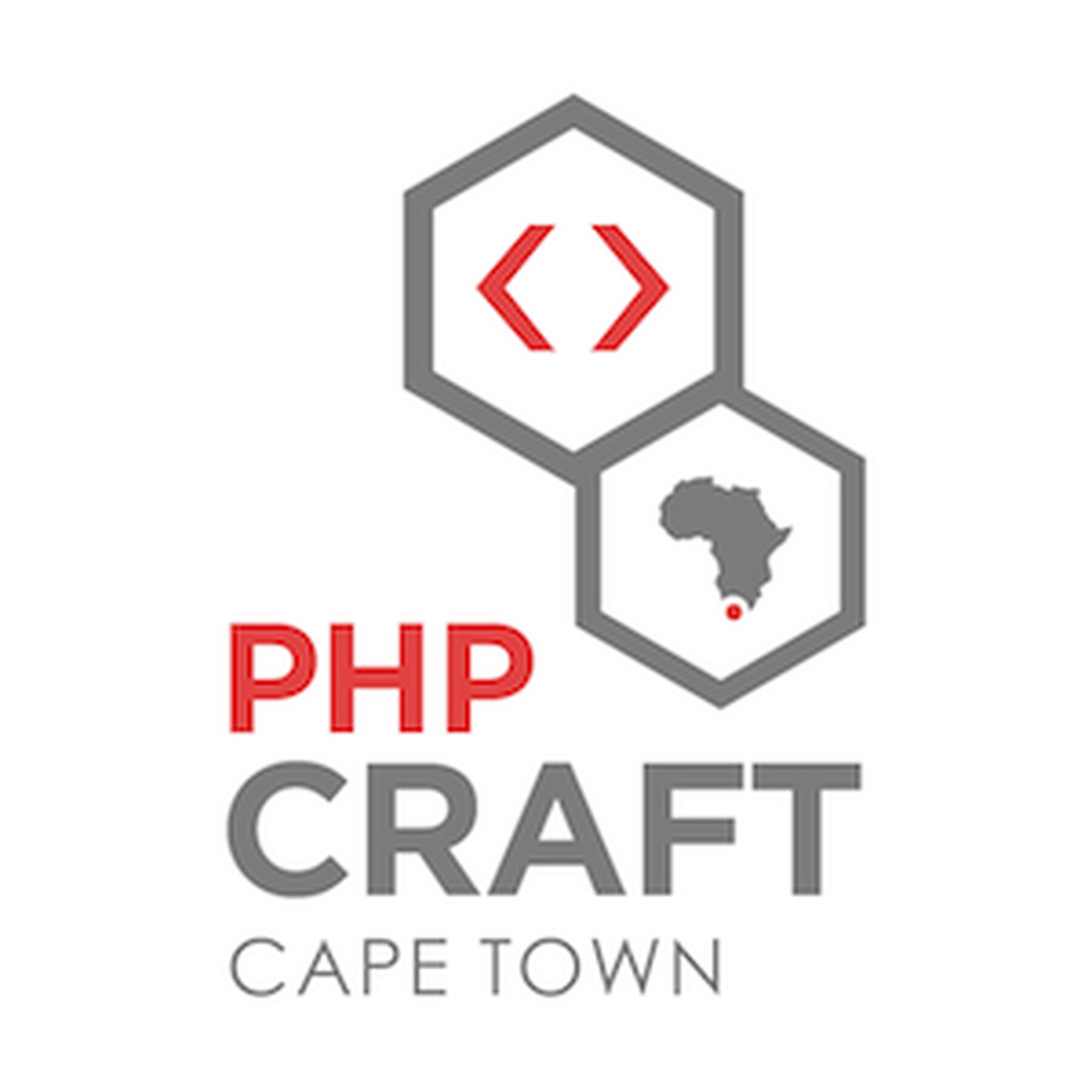While attending the annual PHP South Africa conference in Cape Town which took place from 2 to 4 October 2014, I realised what an exciting time it is to be in a PHP development team.

PHP South Africa is aimed at developers, and the events are all about inspiring each other to greater heights in our skill and passion for coding.
Several Johannesburg PHP user group members spoke at the conference, including Tim Haak, Zander Janse van Rensburg, Grant McMullin and Flowstar Stephen Frank.
It’s great to see the speaking talent of the group. It takes an exceptional amount of effort to conceive, develop and eventually present a topic in a 45-minute session, and I’m grateful for the effort made by many of the speakers.
Across the three days of talks, several themes stood out:
1. Automated testing
A number of people highlighted the need for automated testing, both at a code level (unit testing) and a browser level (functional testing). The days of having manual testing teams seem to be numbered as scriptable frameworks, which make it easy to test major user journeys across various browsers, are emerging. A hat tip to former Flowstar Danny Kopping, who introduced me to Dalek JS, a really cool front-end testing framework that is currently in beta.
2. Cleaner code methodologies
Both Stephen Frank and Christoper Pitt emphasised the need for better coding practices in the industry. As PHP matures into the enterprise environment, there is a larger focus on how to architect large systems effectively, without the associated technical debt. Stephen’s presentation My application layer keeps breaking is a must-see for anyone wanting the theory behind good application design.
3. Full-stack understanding
Many of the topics had little to do with PHP, but rather with the other parts of the ecosystem that PHP "glues" together. I don’t think there were people in the room who saw themselves solely as PHP developers – you have to be reasonably proficient on the server, database and front-end layers in order to be successful.
4. Containerised virtualisation
The emergence of technologies such as Docker, which enables you to develop and package a full application with all of its specific dependencies, has got a few people excited.
I’ve been watching Docker closely for a while, but Tim Haak’s demonstration of deploying a full server cluster, complete with load balancing, in less than two minutes was astonishing (presentation and code here).
Gone are the days when we used the excuse: "But it worked on my machine." You can now deploy a “mini-server” with your application, specifically customised to your requirements.
5. An appreciation of the soft skills
There were several talks on aspects such as upskilling, communication and business skills. It’s great to see the community maturing and considering deeper fundamental questions such as what it means to be a professional developer, rather than only the tech.
As with many of the conferences I attend, it’s reassuring to see the number of best practices we are following, yet there are several things we could be doing better. It's really an exciting time to be part of a PHP development team.



